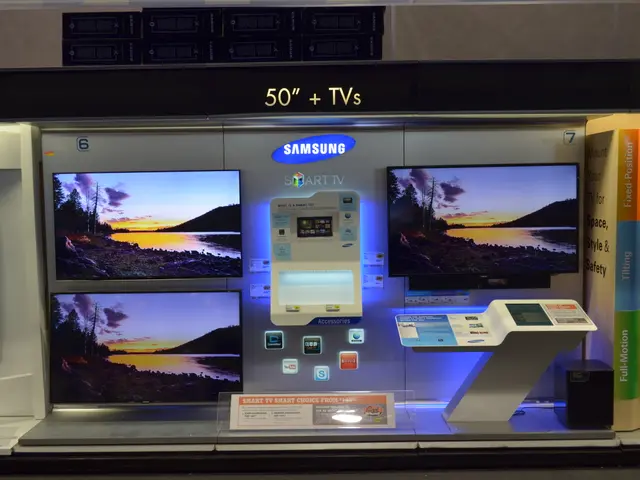Concerns Over Payment Security Grow Among Travelers
In the ever-evolving world of travel, payment security and fraud prevention have become top priorities for companies worldwide. A recent survey revealed that over 70% of global travelers prefer to book with travel providers known for their robust payment security processes, while a staggering 64% of respondents believe payment fraud has been on the rise.
One of the key strategies travel companies are adopting is the use of AI and machine learning for fraud detection and Anti-Money Laundering (AML) monitoring. By analyzing large volumes of transaction data, these technologies help identify suspicious patterns and reduce false positives, improving the detection of fraudulent activities in complex cross-border payments.
Know Your Customer (KYC) practices are another critical component. Travel firms ensure thorough identity verification of customers sending and receiving payments, in line with AML laws, to prevent money laundering and fraud.
Multi-layered security protocols, including encryption, behavioral analytics, reputational data, and transaction monitoring software, are employed to protect sensitive payment data and flag suspicious transactions.
Regular staff training on the latest AML regulations and fraud detection techniques, coupled with frequent internal and external audits, help maintain compliance and improve fraud prevention efforts.
Industry collaboration and data sharing are increasingly important. Travel companies, financial institutions, and fraud prevention firms work together through data sharing and consortiums to build more effective fraud detection models and understand emerging fraud trends.
Transparency and clear communication with customers about fees and exchange rates also play a significant role in building trust and reducing friction in payment processes.
Recognizing that fraudsters exploit different payment methods differently, travel companies are adopting channel-specific fraud prevention approaches. For example, high-value fraud is more common in wires, while high-frequency, low-value fraud is prevalent in faster payment systems.
Notably, nearly a third of airlines have implemented buy now, pay later (BNPL) services, a trend particularly popular in Latin America. Over a third of airlines operating in Latin America are investing in installment payment capabilities, a higher share than their European and Asian counterparts. However, these features are often region-specific.
Payment fraud has affected more than half of travelers worldwide, with nearly 40% of travel executives reporting that half of their revenues come from international customer payments. In Brazil, 89% of survey respondents reported being victims of payment fraud.
Despite the potential for discounts, two-thirds of survey respondents would not book with a travel provider that had poor cybersecurity, even if offered a 5% discount. This underscores the importance of prioritizing payment security and fraud prevention in the travel industry.
JetBlue became the first airline to accept Venmo as a payment option earlier this year, demonstrating the industry's commitment to adapting to new payment technologies and meeting customer preferences.
In summary, travel companies are leveraging a combination of advanced AI-driven technologies, robust compliance frameworks, layered security measures, and collaborative industry efforts to enhance payment security and prevent fraud, especially in the complex landscape of cross-border transactions. This commitment to security and fraud prevention is crucial in maintaining customer trust and ensuring the continued growth of the travel industry.
Sources: [1] Travel Technology Innovation Report 2021 [2] AI and Machine Learning in Fraud Detection [3] Fraud Prevention Strategies for Travel Companies [4] Combating Fraud in the Travel Industry
Travel companies use AI and machine learning for fraud detection, analyzing transaction data to identify suspicious patterns, thus improving the detection of fraud in cross-border payments. On the other hand, a significant number of global travelers prioritize booking with travel providers who offer robust payment security, indicating the importance of lifestyle choices that involve secure travel arrangements.





